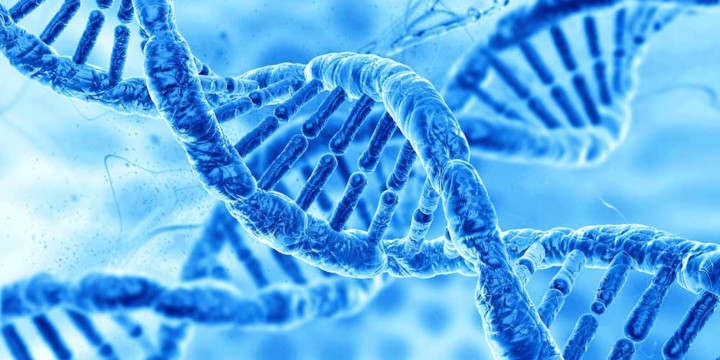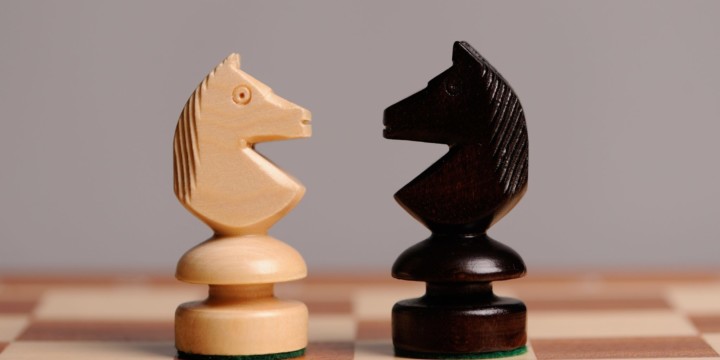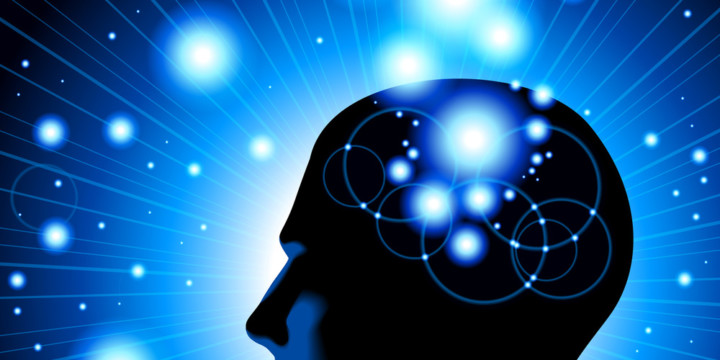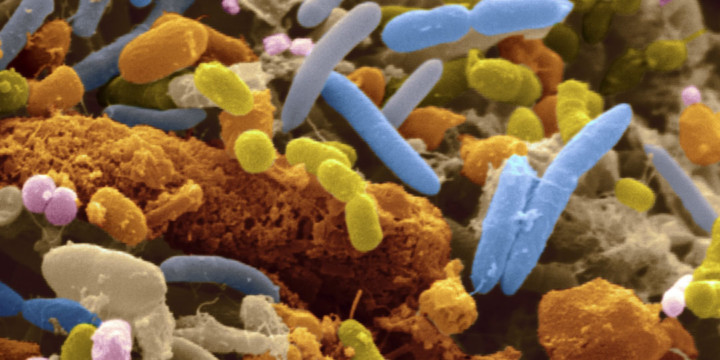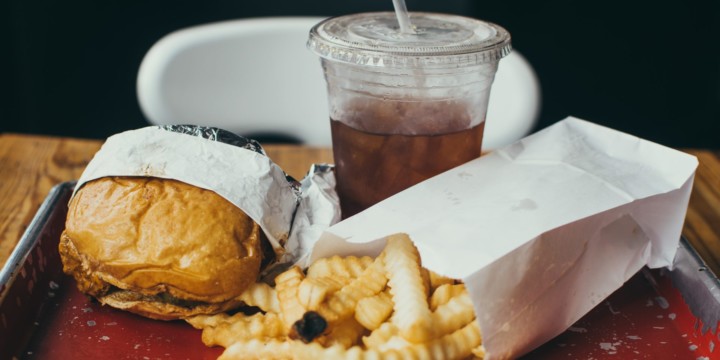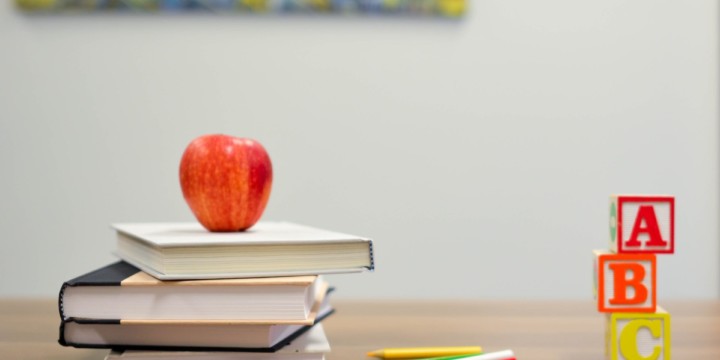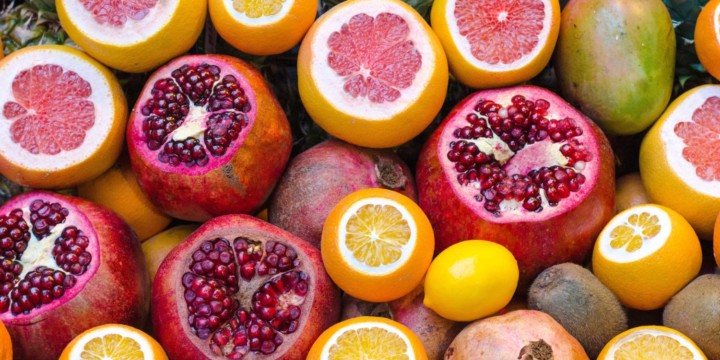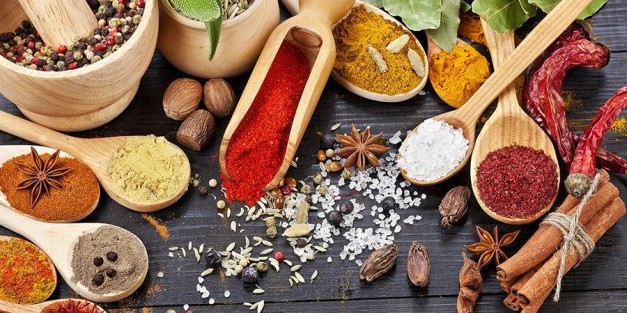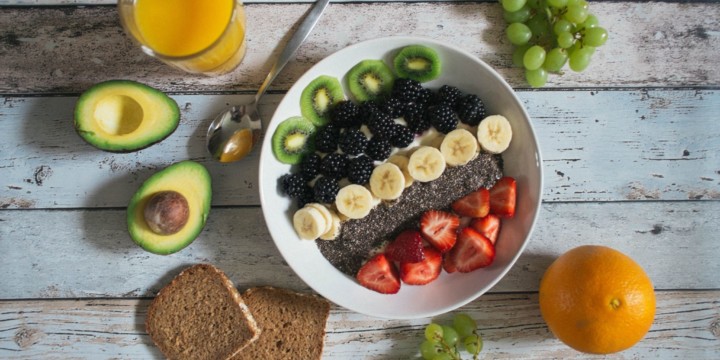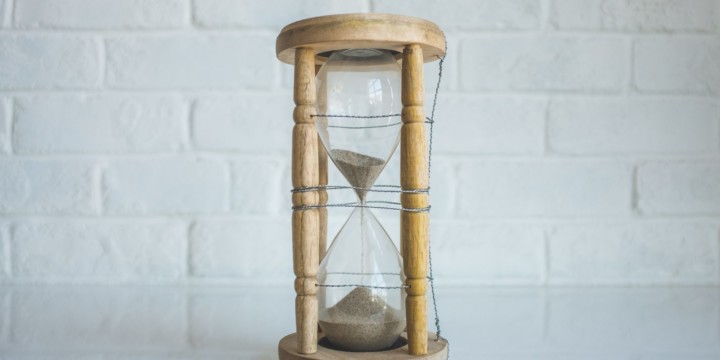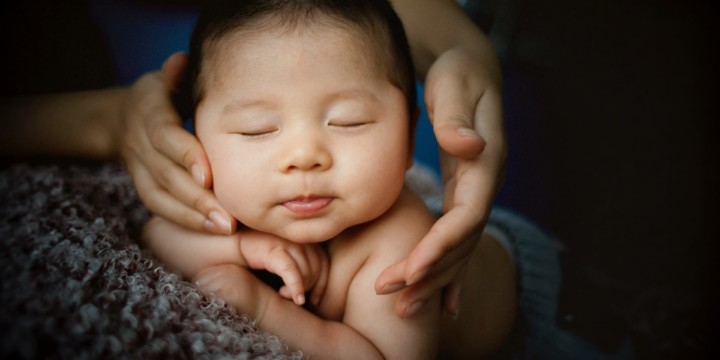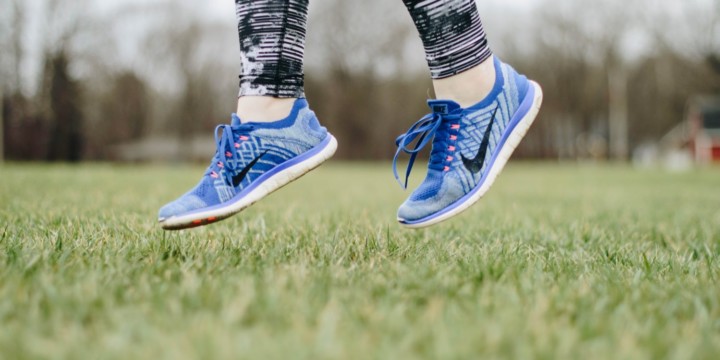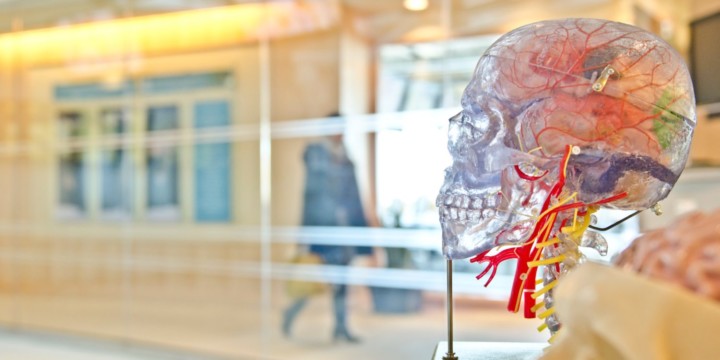Sleep Apnea
It a potentially hazardous condition in which the normal rhythmic breathing repeatedly stops and then starts during the sleep cycle.
Types of Sleep Apnea
There are 3 types of sleep apnea
- Obstructive sleep apnea in which apnea is caused due to laxity of the muscles of the larynx (throat)
- Central sleep apnea in which the pharyngeal muscles responsible for breathing are not functioning efficiently due to improper signals sent from the brain to the nerve supplying them
- Complex sleep apnea is a condition in which the person has both obstructive and central sleep apnea.
Causes of Sleep Apnea
- Nasal congestion
- A narrow airway due to enlarged adenoids or tonsils in the throat. This is more commonly observed in children.
- Having a family history of sleep apnea is one of the causative factors for the same
- Overweight is the most common factor for suffering from sleep apnea
- Smokers are three times more likely to suffer from sleep apnea than non-smokers
Diagnosis
An allergist or an immunologist can help with a diagnosis.
A detailed history and physical examination can diagnose the type of allergic reaction.
Blood tests (specific IgE levels) can help with the diagnosis of allergies.
Treatment in Allopathy
Lifestyle modifications by using air filters and avoiding trigger factors are important. Some of the other remedies are-
- Nasal corticosteroids/ nose sprays- they reduce swelling. Swelling causes a stuffy, runny and itchy nose. These are the most effective medicines for nasal allergies.
- Antihistamines block the release of histamine- They can calm sneezing, itching, runny nose and hives.
- Mast cell inhibitors prevent the body from releasing histamine.
- Decongestants reduce stuffiness by shrinking swollen membranes in the nose.
- Corticosteroid creams or ointments relieve itchiness and stop the spread of rashes.
- Oral corticosteroids may be prescribed to reduce swelling and stop severe allergic reactions.
- Immunotherapy can be offered as a treatment of choice for patients with severe allergic reactions
Symptoms of Sleep Apnea
- Dry mouth
- Snoring
- Waking up with a headache
- Fatigue
- Insomnia
- Gasping for air during sleep
Treatment of Sleep Apnea in Allopathy
Diagnosis is made by evaluation based on symptoms. Usually, the person co-sleeping with the patient is the first to diagnose this problem. For correct treatment an overall evaluation is done to determine the cause and type of sleep apnea.
In milder cases, lifestyle changes such as regular exercise, weight loss regime for obese patients and abstain from smoking for smokers help.
Side sleeping posture is advised.
In cases where conservative treatment fails CPAP (continuous positive airway pressure) is advised. It is advised that supplies pressured air through a mask while sleeping.
Surgery is the last resort when conservative management fails. Uvulopalatopharyngoplasty is a surgical procedure in which the tissue of the palate, uvula and the pharynx are reshaped.
Implants are inserted into soft palate under anaesthesia to prevent it from blocking the airway
Tracheostomy is a procedure in which a new airway is surgically created in the neck by inserting a plastic or metal rod to breath. This is done in a severe and life-threatening condition.
Ayurveda and Sleep Apnea
Sleep along with diet and lifestyle is one of the main pillars for healthy living. The body and mind go for repair and rejuvenation when you sleep. A disturbed sleep causes an imbalance in all the three doshas.
Ayurveda treats sleep apnea by increasing the nutrition level in the blood, optimising digestion and metabolism, and building immunity to prevent infections. Yoga and Pranayama help to tone muscles of the tissues in the airway.
Ayurvedic Therapies for Sleep Apnea
Abhyangam involves the full body massage with medicated herbal oils. This increases blood circulation, removes metabolic wastes and toxins from the body, stimulates the nerve endings and relaxes the body and mind. Abhyangam is advised once a day for two weeks followed by twice a day for a month. Abhyangam is found to be effective in central sleep apnoea as it stimulates the nerves in the body
Ayurvedic Herbs for Sleep Apnea
Ayurvedic herbs such as Amlakki (Emblica officinalis), Ashwagandha and Yastimadhu (Glycyrrhiza Glabra L) nourish the body, increases metabolism and also detoxifies the blood.
Ashwagandha (Withania Somnifera), Bala (Sida cordifolia) and Pippali (Piper longum) are very effective in treating disorders of the nervous system, they also treat anxiety and stress. These three herbs when used together are useful in treating sleep apnea.
Diet changes for Sleep Apnea
- Warm, freshly cooked, the bland meal is advised.
- Spicy and sour ingredients are best avoided in cooking
- Dairy products are should be consumed in moderation
- Pickles and jams should be avoided
- Fish is the preferred meat for non-vegetarians
Lifestyle modification
- Dinner should be consumed 3 hours before sleep; preferably no other liquids/water should be taken nearing to sleep time
- Meditation is beneficial in treating sleep disorders and sleep apnoea as well.
- Expose yourself to the sunlight, as it is a natural source of vitamin D and protective against sleep apnoea
- Acupuncture has shown promising results in treating sleep apnoea.
- Yoga and Pranayama is strongly recommended
- Make sure that you stay/sleep in a well-aerated house which has adequate ventilation to let the natural air flow through
Yoga and Pranayama
Pranayama such as Bhramari Pranayama or the Honey Bee Pose is one of the most recommended to treat a sleep apnea.
Asanas such as
- Baddha Konasana (butterfly pose)
- Hastapadasana (standing forward bending)
- Setu bandhasana (bridge pose)
- Shishuasana (child pose)
- Marjariasana (cat stretch)
- Paschimottanasana(two-legged forward bending)
- Viparita karani (legs up the wall)
are beneficial in treating sleep apnea as they stimulate the nervous system, help to release stress and anxiety, improve blood circulation, reduce nasal congestion, treat obesity, and increases oxygen levels in the body tissues. Pranayamas particularly increase aeration of the lungs thus reducing the episodes of sleep apnoea and its symptoms.
Naturopathy and Sleep Apnea
Natural remedy for sleep apnoea includes healthy foods, exercise and weight loss if required.
Three teaspoons of cinnamon powder in a glass of warm water to be consumed early in the morning are one of the best and recommended detox for sleep apnoea.
Botanical Herbs for Sleep Apnea
- Passionflower is a mild sedative hence used minimally.
- Valerian relieves stress and relaxes the mind, commonly used to treat insomnia but found useful in treating sleep apnoea as well
- Skullcap is a Chinese herb and an excellent nerve tonic found effective in treating central sleep apnoea
- Kampo extract is a traditional Japanese herb formulation when taken a pinch at bedtime has been effective in treating sleep apnoea.

